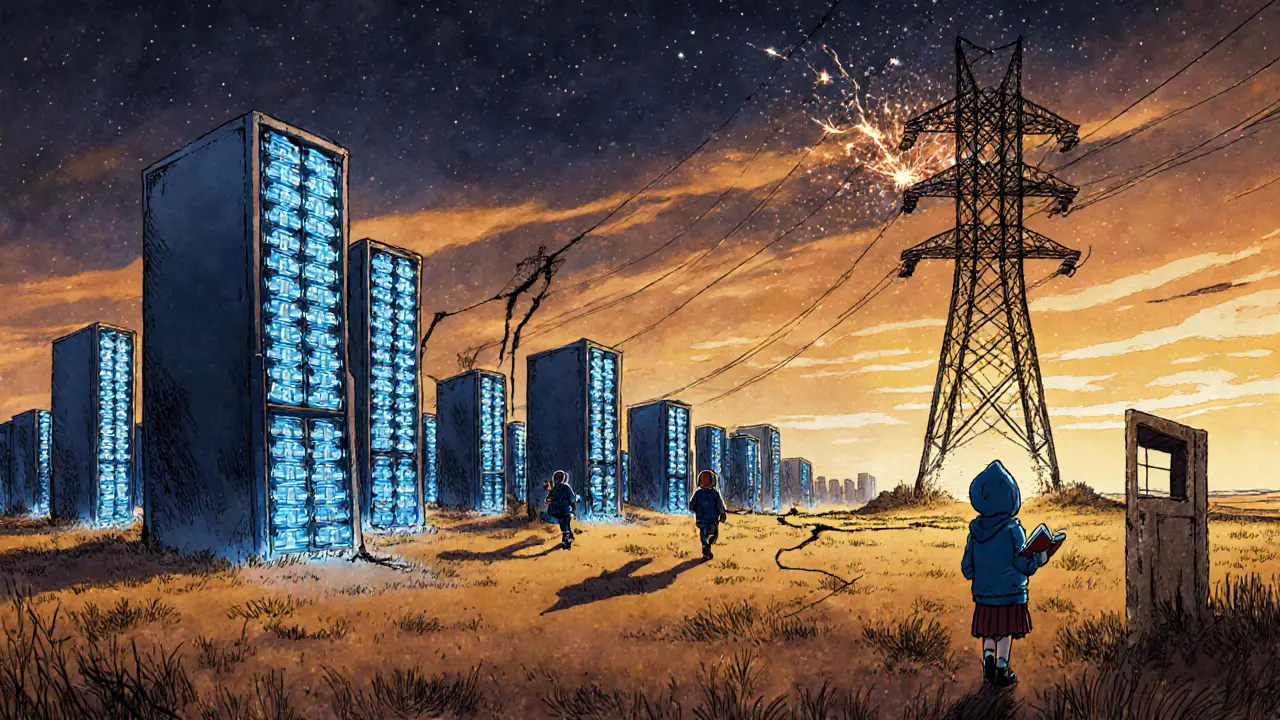Bitcoin mining laws: What’s legal, where it’s banned, and what you need to know
When you mine Bitcoin, a decentralized digital currency verified by network nodes using proof-of-work. Also known as cryptocurrency mining, it’s the process that secures the Bitcoin network by solving complex math problems. But mining isn’t just about hardware and electricity—it’s also about law, the set of rules enforced by governments that determine what you can and can’t do with crypto. In some places, mining Bitcoin is as legal as running a lemonade stand. In others, it’s a felony.
Take Pakistan, a country where banking restrictions forced millions to turn to Bitcoin and USDT for survival. Even though banks blocked crypto transactions, mining and trading kept going—because people had no other way to protect their savings from inflation. Meanwhile, in Cambodia, the central bank didn’t ban crypto—it banned unlicensed exchanges, forcing miners and traders onto regulated platforms. That’s not a crackdown—it’s control through licensing. And in places like China, a full mining ban in 2021 wiped out 70% of global Bitcoin hash rate overnight. The rules changed overnight. No warning. No grace period.
It’s not just about where you live—it’s about what you do with the coins you mine. If you sell them, you owe taxes. If you use them to buy a car, that’s a taxable event. The IRS, the U.S. tax agency that treats crypto like property, not currency. doesn’t care if you mined it yourself or bought it. If you convert it to fiat or trade it, they want a cut. And if you’re mining at home in the U.S., Canada, or Germany, you still need to report your electricity costs and equipment depreciation. No one’s coming to knock on your door—but the audit trail is there.
What about hardware? Some countries restrict imports of high-power ASIC miners because they strain the grid. Others, like Texas and Kazakhstan, offer cheap power and lax oversight—so miners flood in. But that can backfire. When energy shortages hit, governments cut power to miners first. It’s not about fairness—it’s about survival. And if your rig runs on stolen electricity? That’s not just illegal—it’s dangerous.
There’s no global rulebook for Bitcoin mining. What’s legal today could be banned tomorrow. That’s why you can’t just buy a miner and plug it in. You need to know your local laws, your tax obligations, and what happens if your power gets cut. The posts below show you exactly how different countries handle mining—some with open arms, others with iron fists. You’ll see real cases: where people got fined, where miners disappeared, and where the rules are so unclear, even lawyers don’t know the answer. This isn’t theory. It’s what’s happening right now.
